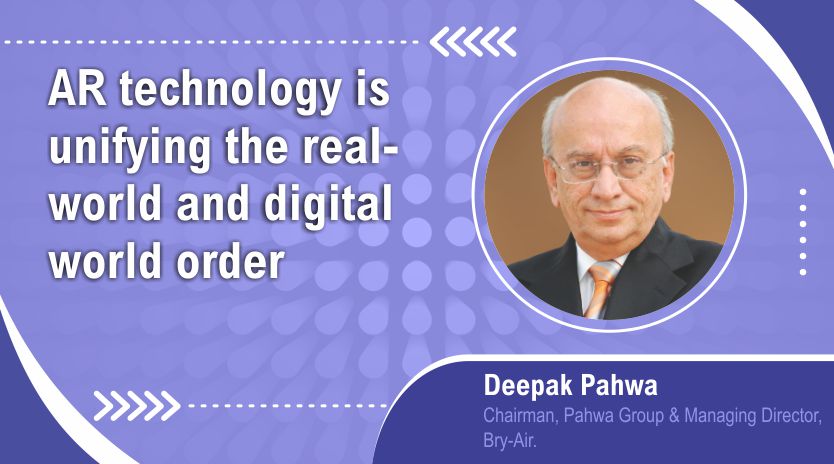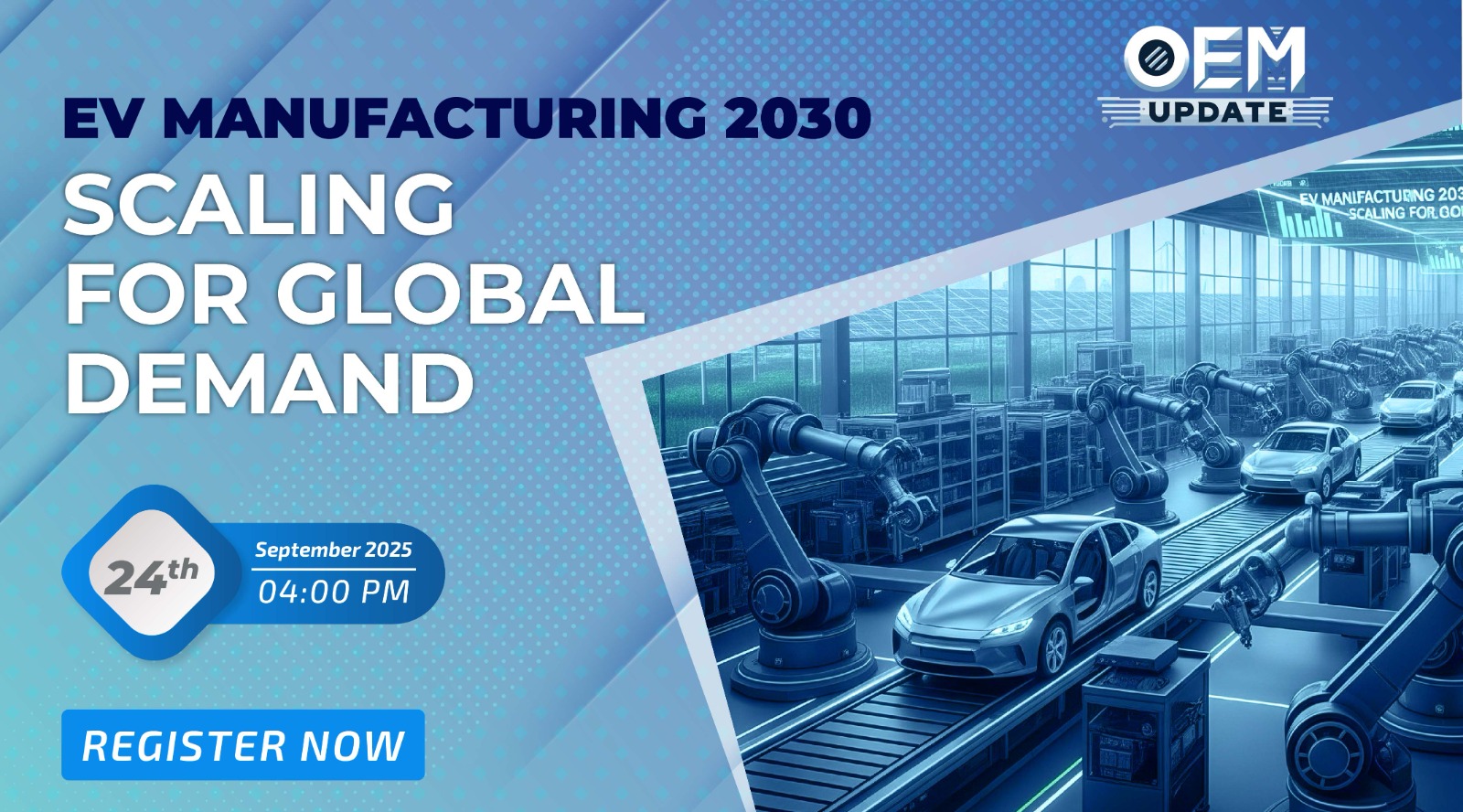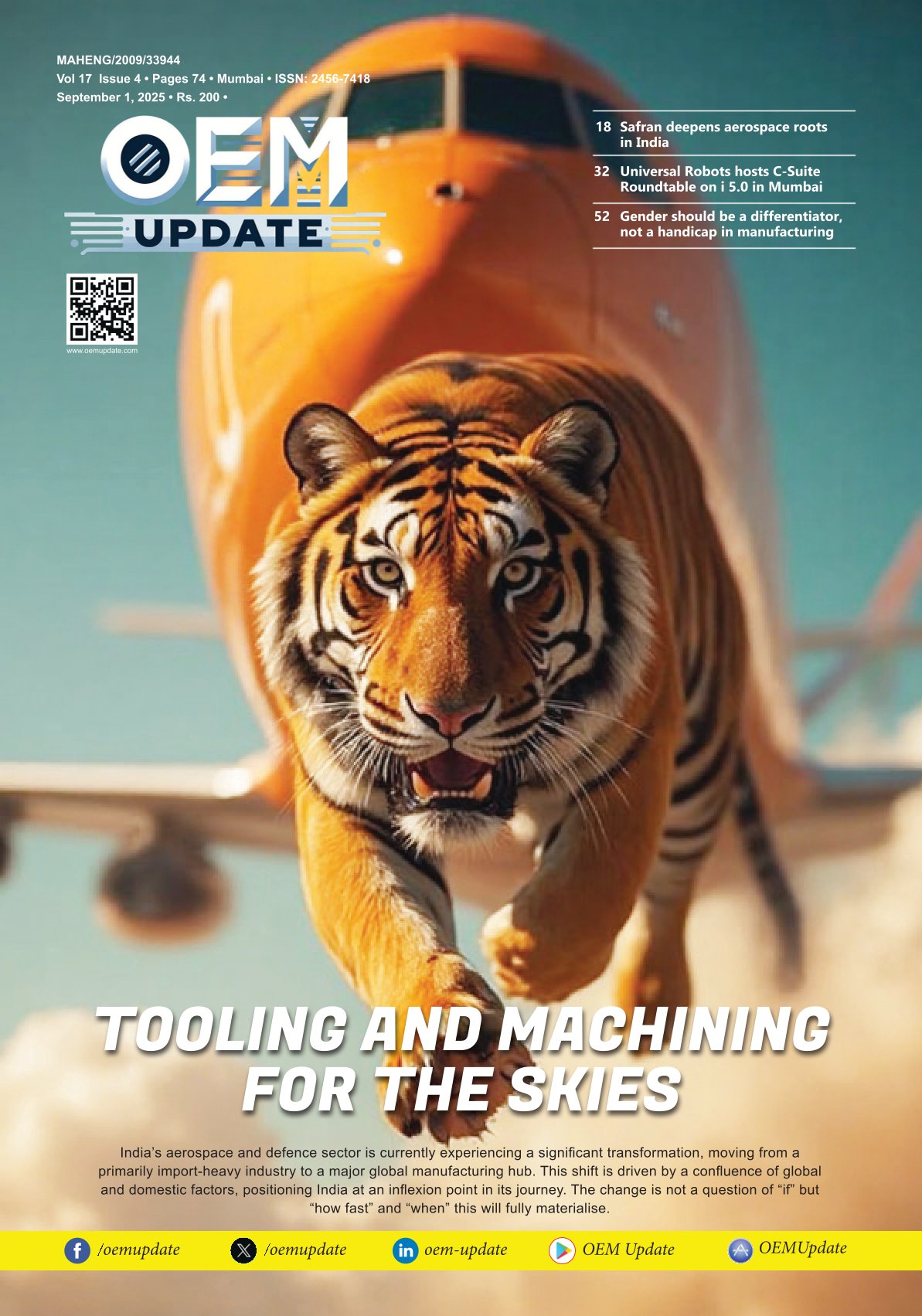IIoT is accelerating momentum for spirited manufacturing
By OEM Update Editorial October 1, 2022 3:18 pm IST
IIoT greatly benefits modern businesses in improving the manufacturing process as its applications provide advanced information.
Industrial IoT is a part of almost every business in the present times. IIoT is an initiative regarded mainly as an implementation challenge technologically for adoption in information technology and operational technology functions. Organisations require digital innovations and IoT data management solutions with their initiatives in the manufacturing space. The pace of business is accelerating, and IIoT is an urgent need, so to stay in business, you must accept it, or you will be forced to leave.
Growth and relevance for intelligent manufacturing
IIoT will be a $500 billion market by 2025 as advances in its essential technologies drive demand. Mckinsey has stated that the next century belongs to India. Adopting Artificial Intelligence and Machine learning technologies will instil the practice of making business decisions. Asia will control the entire world economy, and naturally, more spending on IIoT will occur only in Asia. Asia, particularly India, holds the key to the future. Vivek Nanivadekar, Executive Director, FIBRO India Precision Products Pvt. Ltd., said, “IIoT saves time and money for utilising the resources that help take faster decisions. It provides the inclination of the customer to buy or not as he makes the decision right away.”
IIoT enables manufacturers to connect their machines to the internet. And such machines capture and communicate real-time data more accurately and consistently than was possible earlier. Many benefits can talk about IIoT or even IoT, for that matter. Real-time data from IIoT-connected systems allow manufacturers to take preventative measures against the issues before they surface. That results in saving downtime and enhancing productivity. Adding further, John Leo Ignatius, Business Line Manager, General Industry, Robotics and Discrete Automation, ABB India Limited, said, “A number of innovative measures have been developed and implemented to enable automated manufacturing processes to become less energy-consuming, environmentally friendly and digitalised.”The market situation has been becoming so dynamic that it requires devising new business strategies daily depending on the business.
IIoT has relevance to all kinds of Industrial monitoring applications and finds use in most manufacturing processes using cyber physical systems such as sensors, software, instruments and devices. Automotive, Aerospace, construction, Die & Mould, Medical, Energy, and Defence domains are some industries that currently use IIoT, advanced analytics, Industry 4.0, machine learning, artificial intelligence, cloud platforms, and so on. New-age production and manufacturing techniques, such as Just-in-Time, and Lean Manufacturing, amongst others, are based on the principle of manufacturing and production methods.
Elaborating further, Vineet Seth, Managing Director – South Asia & Middle East, Mastercam APAC states, “IIoT provides managers with a dashboard of intelligent and real-time information to enable quick decision making.”
The manufacturing sector will play a significant and leading role backed by modernising the manufacturing process and facilities to tap growing opportunities. According to Manish Walia, Industrial Automation Head, Delta Electronics Pvt. Ltd., “integration of intelligent technologies and solutions is essential for precision, better quality, innovative humanN machine interaction, and better safety. It further results in reduced productivity time and failures.” Enhanced data analysis capacity also helps achieve optimum efficiency and higher product quality at a reduced price.Industry 4.0 and IoT are the ways ahead that can help the industry achieve these goals, where industrial automation infrastructure will play a significant role in enabling this transition.
Predictive maintenance and cyber attack
Manufacturers are integrating newer technologies. The improvements in productivity, performance, sustainability and customisation can be achieved through IIoT integration. Besides collecting and combining data, managing cybersecurity is also essential. Nearly all data and IIoT setups are cyber physical and therefore prone to attacks from malware, viruses, data corruption, system failures and so on, stated Vineet. Managing data is a voluminous task. As far as cyber security is concerned, the impending risk is losing data and, thus, business secrets, which may involve expenses once the system is exposed. Given the current size of data transactions, Vivek believes that cloud computing is the best option because data on servers continues to grow. It implies that cloud computing in manufacturing must be integrated into the overall system design. A solid security plan is required to counter cyber attacks.
Predictive maintenance is a part of Industry 4.0. In this context Industry 4.0 is an evolution focusing on interconnectivity, machine learning, and big and real-time data on the platform. The interconnectivity in systems predicts in advance if the manufacturing process needs repair or replacement of some parts that may require intelligent correction. It has to be well planned to improve efficiency in manufacturing. Hence, configuring the IIoT systems is vital for manufacturing processes.
Many manufacturing organisations are piloting digital initiatives, and very few have managed to scale their IIoT-enabled use cases to achieve significant operational or financial benefits.
IIoT eminence in future Industry 4.0 and IoT are the ways ahead that can help the industry achieve data analysis, where Industrial automation infrastructure will play a significant role in enabling this transition. Big Data and Analytics are the answer to identifying failure modes and unscheduled downtimes. To maximise the value of IIoT, people and processes must adapt to analyse the benefits of data-driven insights in real-time to react faster or gain better information to drive actionable plans. Even though challenges might surface, manufacturing companies should continue to gear up for digital innovation for a better future and competitiveness in business.
Cookie Consent
We use cookies to personalize your experience. By continuing to visit this website you agree to our Terms & Conditions, Privacy Policy and Cookie Policy.








